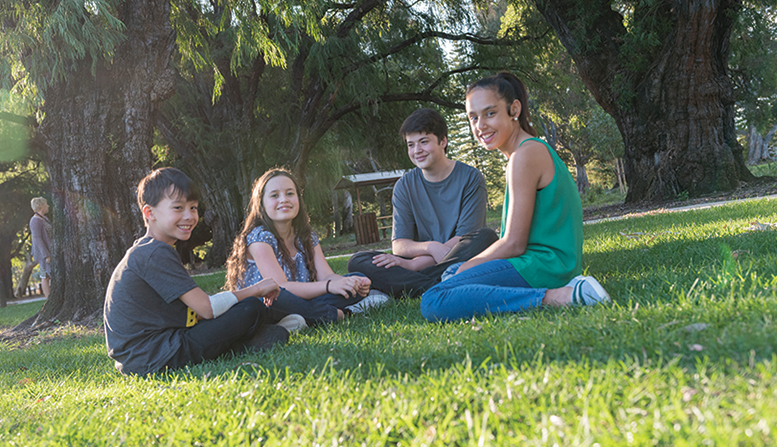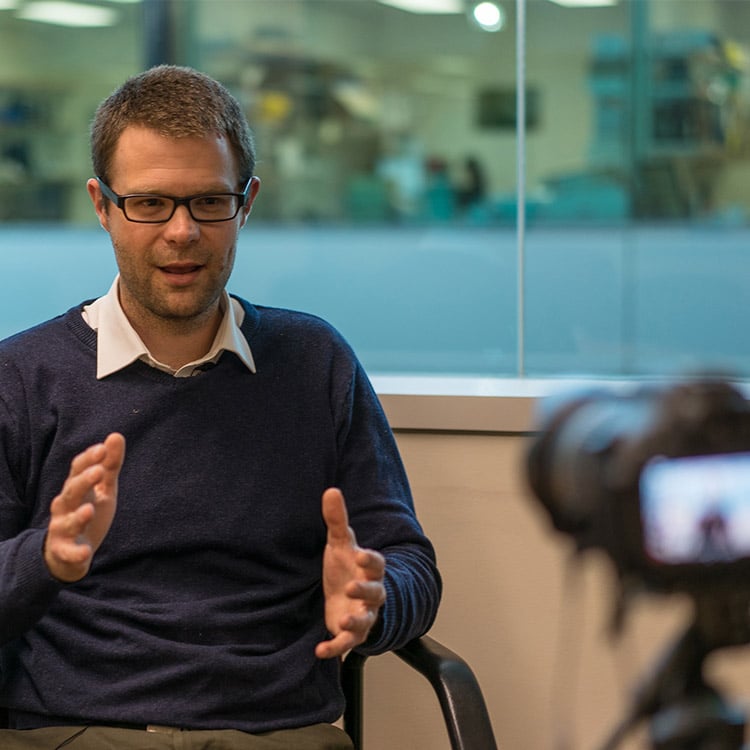Search

Honorary Research Associate

Most children are capable of bullying behaviour at some time, and it’s our job as parents to discourage this behaviour as soon as it appears.

Flat out trying hard to keep up with the ever-changing threats from cyberbullying, The Kids Research Institute Australia counts itself fortunate to have youth on its side.

The Kids Research Institute Australia has two researchers and an innovative science engagement initiative as finalists in the 2017 Premier’s Science Awards.

Professor Donna Cross and her team at The Kids Research Institute Australia have challenged and overturned damaging attitudes that saw bullying tolerated in childhood.
Traditional conceptualizations of aggression distinguish between reactive (e.g., rage) and proactive (e.g., reward) functions of aggression. However, critiques of this dichotomy have pointed out these models conflate motivational valence and self-control.
A commonly suggested strategy for addressing bullying is for victims to seek help from a trusted person. Despite this recommendation, there are a group of adolescent victims who choose not to seek help. This study aimed to identify factors associated with not seeking help among adolescents who experienced bullying victimisation.
Strong evidence supports our current understandings of student bullying behaviours and ways schools can prevent and respond effectively to bullying behaviour. In the late 1990’s, however, little was understood about the most effective ways to reduce bullying in Australian schools. In response to schools’ need for evidence-informed action, a pipeline of research called Friendly Schools was initiated in 1999 which for the past twenty years, has provided robust whole-school evidence-based knowledge and skills to support policy makers, school staff and other practitioners working in schools and families across Australia.
This study used prospective birth cohort data to analyse the relationship between peer aggression at 14 years of age and educational and employment outcomes...
While the CFS findings suggest the combined whole-school response to the mediators was somewhat effective, the study wasn't able to determine the relative...
